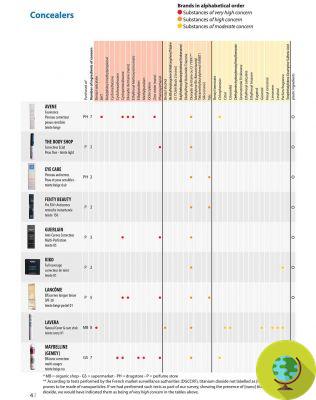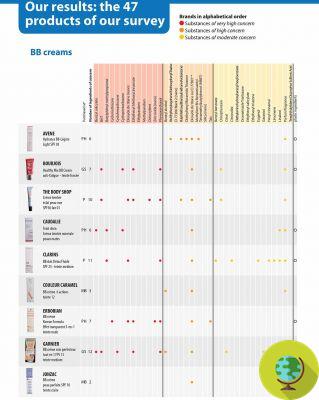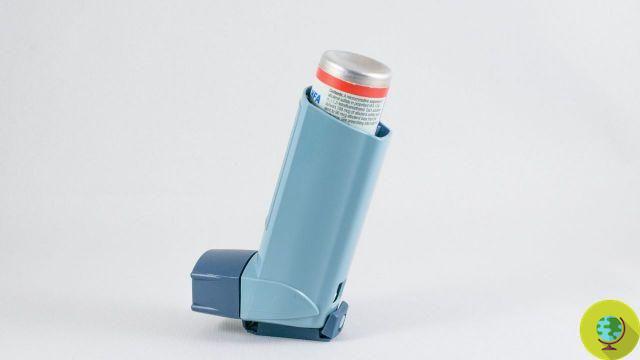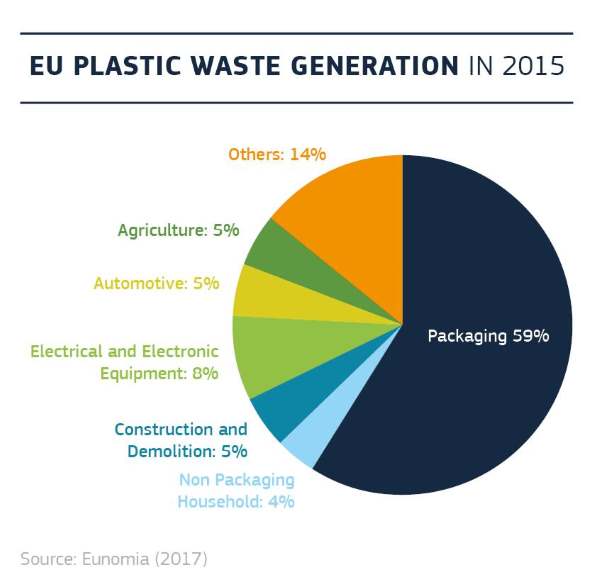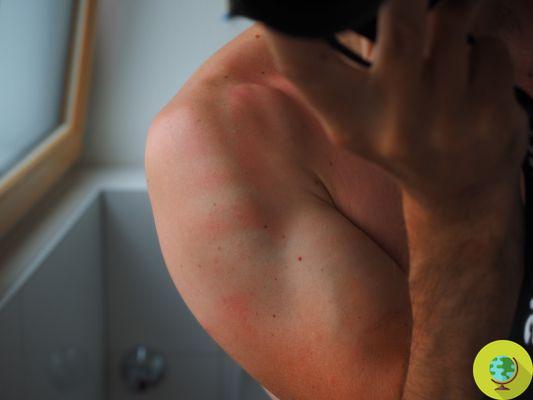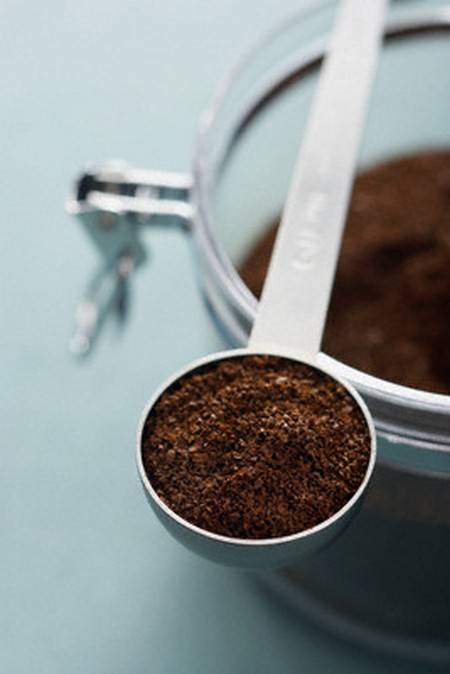
Collistar slimming draining bandages have used a misleading claim for consumers and for this reason the Iap has reported
Don't store avocado like this: it's dangerousCollistar slimming draining bandages use a claim that, to advertise the effectiveness of the product, indicates a series of percentages relating to the results that can be obtained in terms of reduction of the thigh and water retention. This message, however, according to the IAP is misleading and deceptive to consumers.
Slimming and draining bandages are a well-known product used by those who want to reduce the thigh circumference and drain. In advertising those of the Collistar brand, in a sponsored post on Facebook on June 17, 2021, the following terms were used:
'100% reduction in thigh circumference after the first application', '93% reduced water retention after 4 weeks ', '90% visibly smoother skin after the first application'
Did you know that the new Collistar Slimming Draining Bandages have a clinically proven efficacy? That's why always ...
Posted by Collistar on Wednesday, June 16, 2021
The IAP intervened on these claims, indicating that they were violated Article 2 Misleading commercial communication e 23 - Cosmetic and personal hygiene products of the Corporate Governance Code for Commercial Communication.
As stated in the note published on the IAP website:
The communication method adopted is likely to mislead the consumer public, drawing attention to the message and the advertised product based on the indication of particularly striking results, which follow one another in sequence, "100% reduction in thigh circumference, after the first application "," 93% reduced water retention after 4 weeks "," 90% visibly smoother skin after the first application ", which can be reduced once the real content of the communication in question is understood.
But what's deceptive about such percentages?
The percentage data that appear in great evidence in the message are likely to lead the recipients to believe that the claimed effects occur in the percentage indicated, when instead these indications refer only to the percentages of subjects subjected to tests, who have observed some effect. resulting from the use of the cosmetic bandages in question. However, this relevant circumstance is not clarified correctly by the writing referred to by the asterisk, which in the economy of the message does not assume adequate visibility due to the reduced body of the font adopted.
In other words, those reported are the results obtained on the sample of people who participated in the product tests but this aspect is not well specified in the advertising and therefore the consumer could mistakenly believe that they are always valid.
Also, specify the IAP:
Where it is stated that the effectiveness of cosmetic bandages is 'clinically proven', further confusion is created with the claims relating to water retention and smoother skin, which are instead only subject to self-assessment by the women tested.
Finally, there is another aspect to underline:
the deceptiveness of an advertising message must be assessed not only for its content, but also in consideration of the public it is intended for, made up of people who are particularly sensitive to aesthetic issues and for this reason led to a more tempting and illusory decoding of the promises of easy achievement of particularly coveted results, with the consequent amplification of deceptive profiles.
Follow us on Telegram | Instagram | Facebook | TikTok | Youtube
Source: IAP
Read also:
- Antitrust, Poltronesofà will have to pay a 1 million euro fine for misleading advertising
- The commercial of the food supplement Humana Difensil Immuno has been blocked: it is false advertising
- Danone, fine for misleading advertising: his yogurt is not enough to satisfy the calcium requirement















